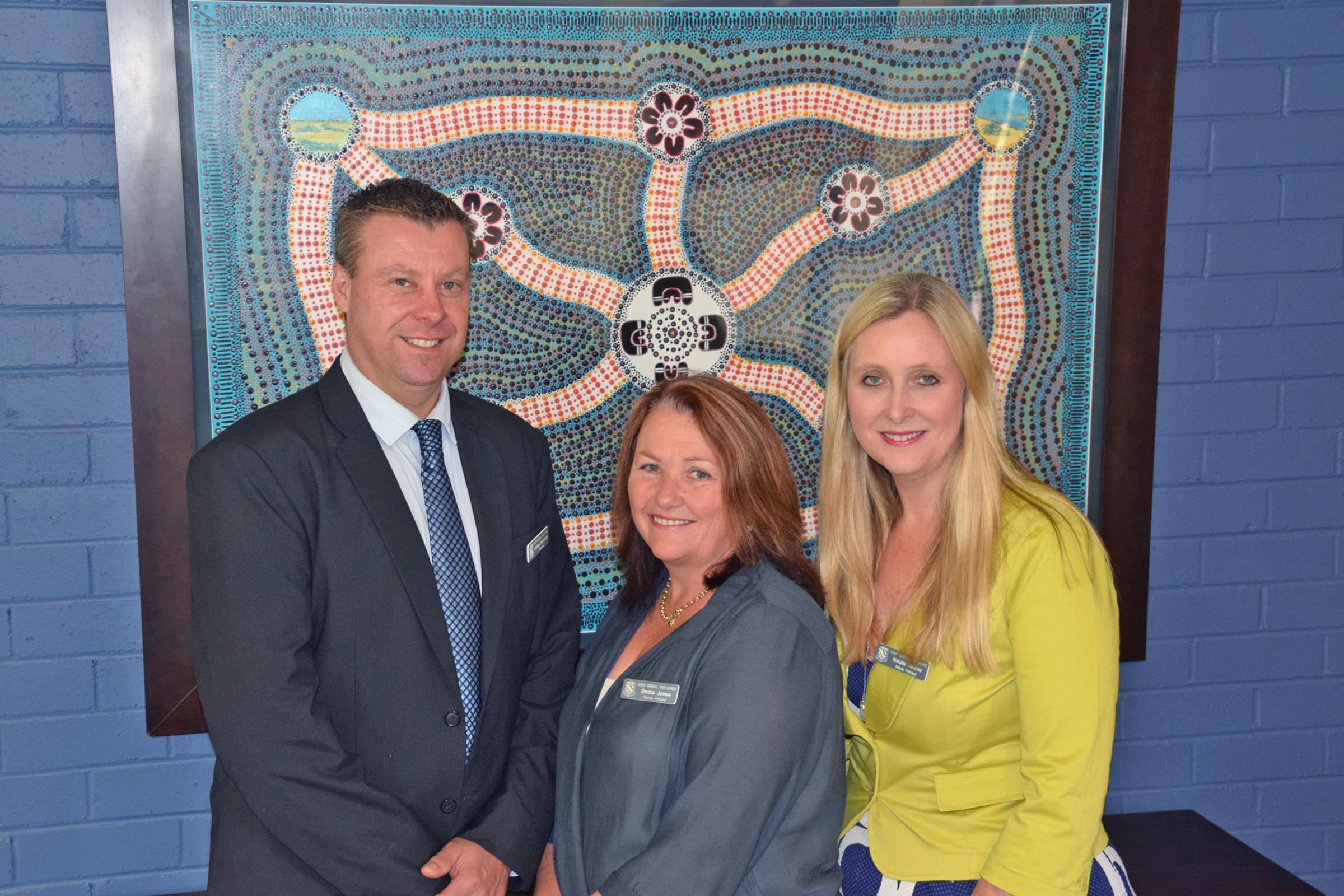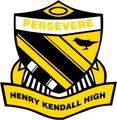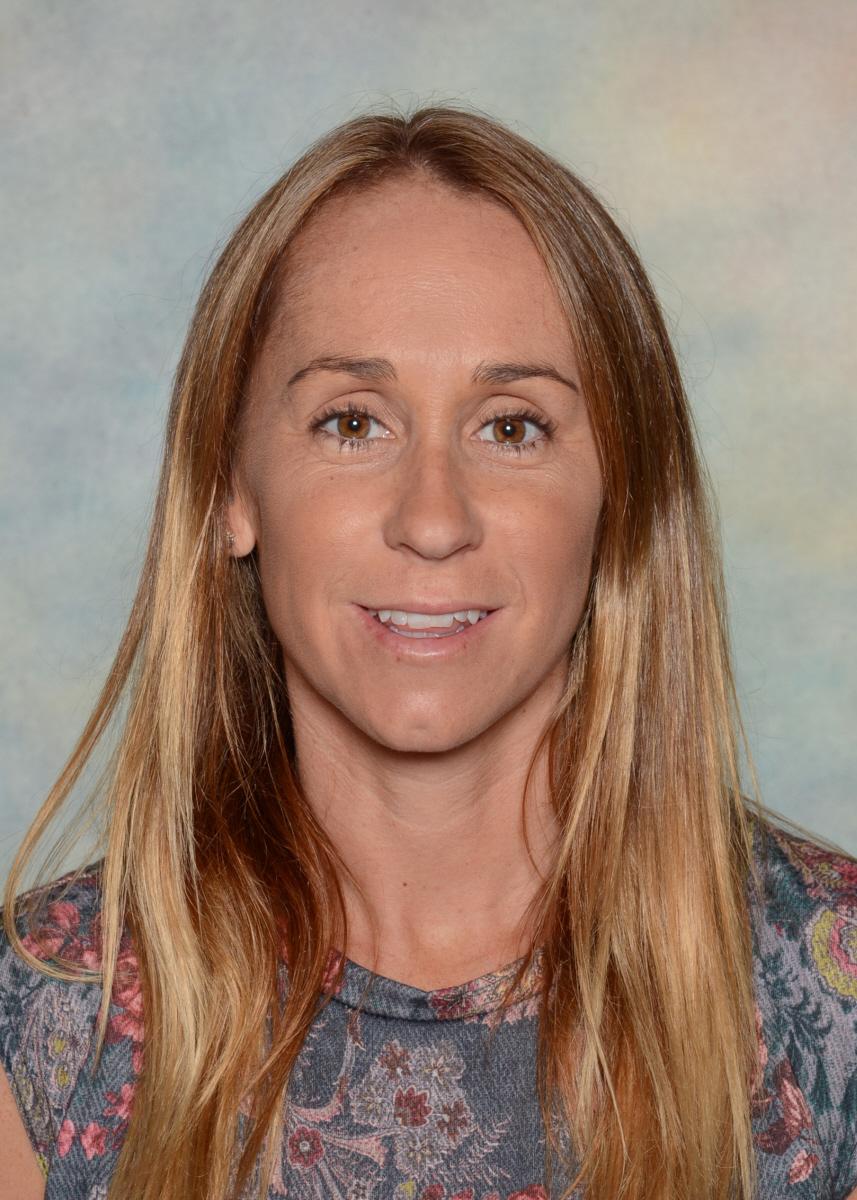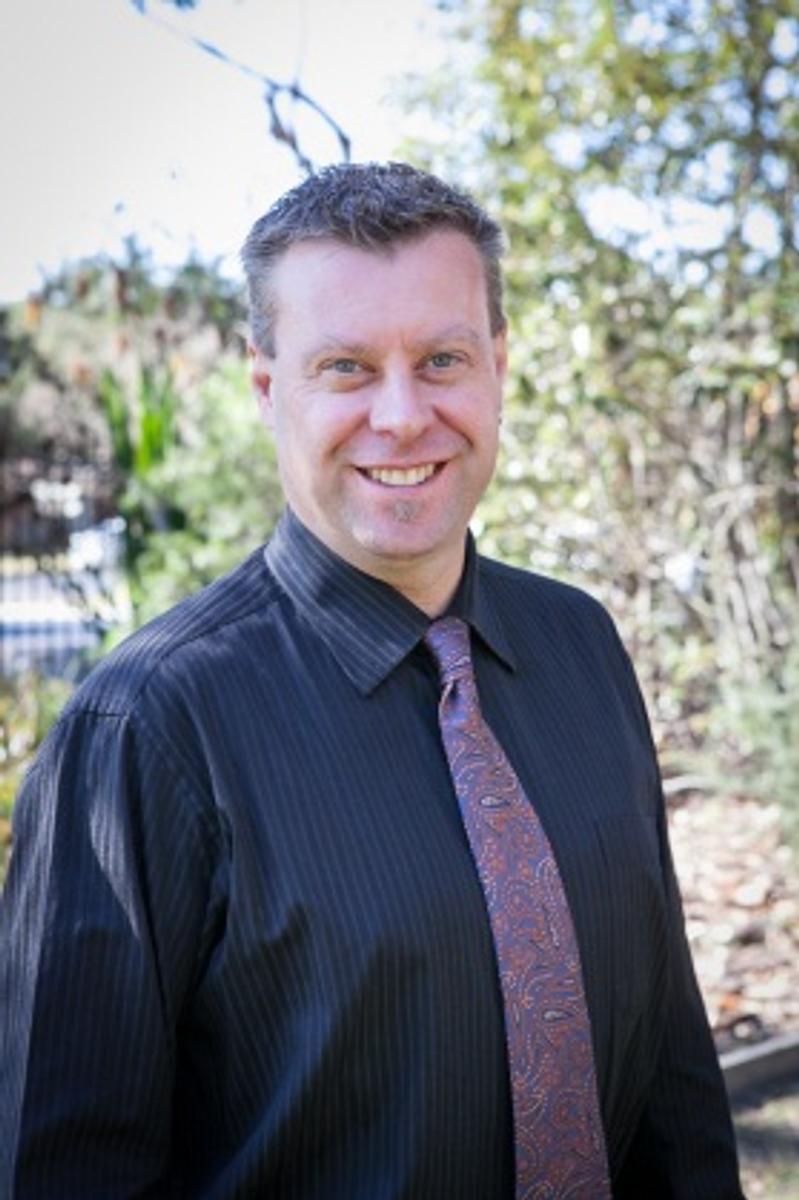Principal Report

Welcome to New Staff
In Term 3 we welcome our new maths teacher, Ms Lisa Cannings. Ms Cannings joins us from Tuggerah Lakes Secondary College where she has gained a wealth of experience and expertise that will be wonderful assets to our school.
Term 3 School Development Day
On the first day of Term 3, HKHS will be combining with our partner school’s for our annual Learning Community School Development Day. This day of high quality professional learning is highly anticipated on our annual calendar and provides access to renowned educational speakers, as well as sharing expertise from within our three schools.
Healthy School Canteen Strategy
The introduction of the Healthy School Canteen Strategy this year places a focus on increasing the availability of the healthy food and drink options in our school canteen. It also seeks to educate our children with the philosophy that the healthy choice should also be the easy choice.
Positive changes to the offerings available in our canteen need to be well considered, planned for and phased in to ensure quality and sustainability, but also meeting our student’s needs. Our canteen staff, who do such a wonderful job, play an essential role in this process. Interestingly, and excitingly, the concepts of the strategy are already being echoed by our students through the SALSA mentoring program where students are calling for a healthier focus.
Our recent P&C Meeting in June had presentations from NSW Health into the core components of the strategy and considerations required at school level, and an outline of the SALSA Program by the coordinator from Sydney University.
Our schools Student Wellbeing Team are additionally placing a focus on healthy food education and provision, and will be leading an 'Action Planning' approach with canteen staff, student and P&C representatives. Working together, with student voice being central in our approach, will see some dynamic, fresh approaches in our canteen in the coming years.
National Assessment Program – ICT Literacy
This year Henry Kendall has been selected to participate in the National Assessment Program – ICT Literacy. This is part of a national strategy to monitor and report on Year 6 and Year 10 student achievement, in a comparable and consistent way, against the National Goals for Schooling in the Twenty-First Century. The NAP-ICT Literacy assessment is designed to assess students’ level of knowledge, understanding and skills in using ICT.
The NAP-ICTL assessment is a computer-based test, which will be delivered using an online delivery platform. A sample of 20 students from Year 10 will be selected to undertake the assessment in Term 4. Their results, along with many others nationally, will provide information in student development in ICT Literacy and achievement of the national goals.
Celebrating Gonski
Continuing my focus in sharing the ways in which Gonski funding is making a difference in our school, in this edition I am going to focus on our development of STEM within our curriculum.
STEM education is a term used to refer collectively to the teaching of the disciplines within its umbrella – science, technology, engineering and mathematics – and also to a cross-disciplinary approach to teaching that increases student interest in STEM related fields and improves students’ problem solving and critical analysis skills. STEM sits within a broader foundational knowledge base and the teaching of STEM is a part, albeit important, of a balanced program of learning. Our approach to STEM education aims to lift foundational skills in STEM learning areas, develop mathematical, scientific and technological literacy, and promotes the development of the 21st century skills of problem solving, critical analysis and creative thinking.
To achieve this, teacher expertise is being brought together from the Mathematics, Science and Technology faculties of the school to rethink and redesign exciting new approaches to teaching and learning that are interdisciplinary in nature and student centric in approach. Examples of the new programs being designed, resourced and implemented include Paddock to Plate (combining agriculture through to hospitality), Robotics, and a design unit called ‘Naked USB’ (combining Computer Aided Design, Adobe Photoshop and 3D Printing). Such options aim to challenge, engage and extend students in exciting learning opportunities whilst building the concept of meta-learning – metacognition and a growth mindset.
Significant funds that could only be provided through the Gonski funding are allowing release time for staff to develop these exciting teaching programs, and for the purchase of resources that open a myriad of new learning opportunities for our students. Such a use of funds is also a reminder of the importance of the delivery of the original, full Gonski package of school funding.
Mr Andrew Backhouse - Principal


